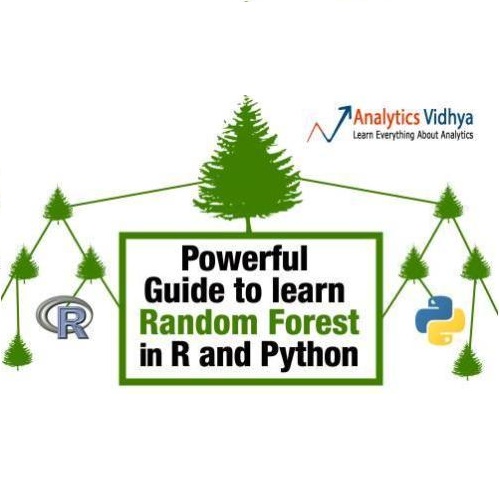The restricted mean survival time (RMST) has become a popular measure to summarize event times in longitudinal studies. Defined as the area under the survival function up to a time horizon $\tau$ > 0, the RMST can be interpreted as the life expectancy within the time interval [0, $\tau$]. In addition to its straightforward interpretation, the RMST also allows for the definition of valid estimands for the causal analysis of treatment contrasts in medical studies. In this work, we introduce a non-parametric approach to model the RMST conditional on a set of baseline variables (including, e.g., treatment variables and confounders). Our method is based on a direct modeling strategy for the RMST, using leave-one-out jackknife pseudo-values within a random forest regression framework. In this way, it can be employed to obtain precise estimates of both patient-specific RMST values and confounder-adjusted treatment contrasts. Since our method (termed "pseudo-value random forest", PVRF) is model-free, RMST estimates are not affected by restrictive assumptions like the proportional hazards assumption. Particularly, PVRF offers a high flexibility in detecting relevant covariate effects from higher-dimensional data, thereby expanding the range of existing pseudo-value modeling techniques for RMST estimation. We investigate the properties of our method using simulations and illustrate its use by an application to data from the SUCCESS-A breast cancer trial. Our numerical experiments demonstrate that PVRF yields accurate estimates of both patient-specific RMST values and RMST-based treatment contrasts.
翻译:暂无翻译




